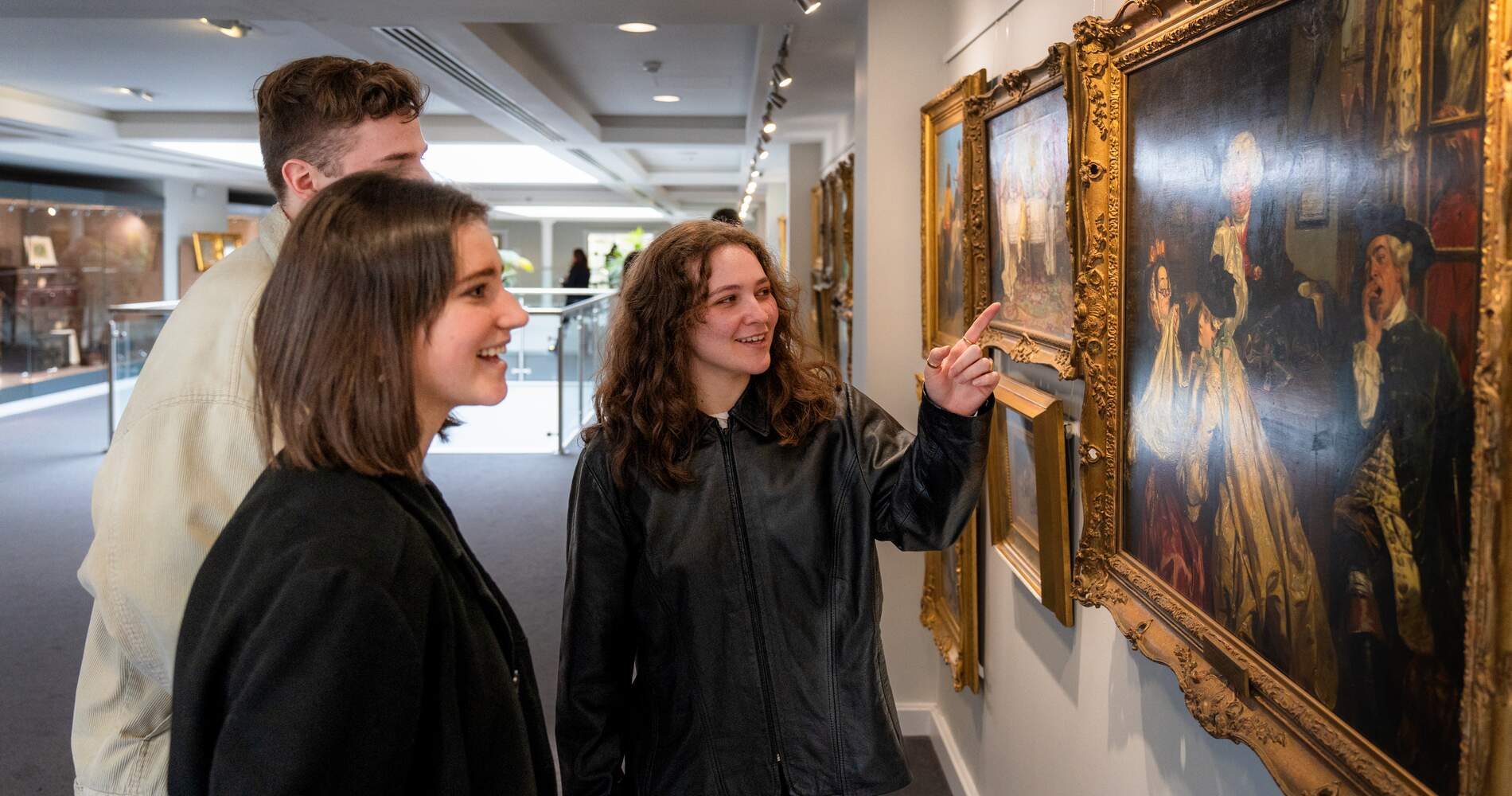Learn from experts in the history of visual arts, architecture and art theory, many of whom are curators who work internationally.
Our courses offer a wide historical, geographical, and thematic breadth driven by world-class research expertise. They are tailored to help you realise your potential as a scholar and equip you with skills for a wide range of exciting careers.


.jpg)